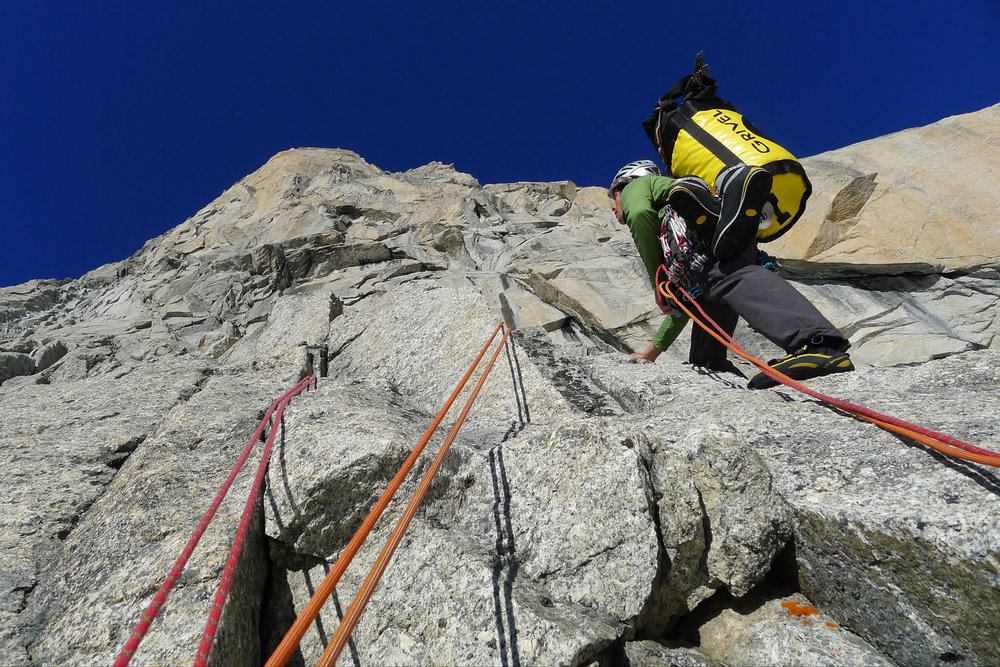I
decided to climb the rock wall with my sister Sophia. She is a senior and
had never climbed the wall so we were both very excited and curious. When
we arrived, there were people already climbing, and they were doing very
well. A few of them made it to the top. I was definitely influenced
by watching others climb. I thought it was going to be a breeze. It
was not. As I was climbing it felt as if I was moving in slow motion,
calculating every little move. I think I became a little paranoid.
Sophia
and I were partners, meaning that we were attached to each other and one of us
climbed while the other was controlling the ropes on the ground. This
involved a lot of trust. The fact that we are sisters made me feel
comfortable and uncomfortable at the same time. Of course I trust her,
but there’s a certain playfulness that comes with our relationship. For
example, we could not stop laughing at ourselves and at each other while
climbing. This made me uncomfortable. I have a fear of getting
hurt, and I wanted to be serious. Let's just say that I was happy to be
back down.
My
sister climbed first and I watched her the entire time. My neck became
stiff from looking up for so long. Looking straight up, it was as if the
wall became the ground, and it was as if Sophia was crawling along along
this ground like a toddler. I became disoriented and she was not going up
anymore. It was at this moment that the idea of subjectivity and
perspective really set in. This reminded me of when we looked at the
pictures of the astronauts floating in space. There was not a correct
answer to the question “Where is up?”.

I
really enjoyed hearing Chancellor Struppa discuss his experiences with mountain
climbing. His honesty and openness is inspiring. The idea of the
artificiality of the whole thing really struck me. Struppa claimed that
he and the other recreational climbers chose to stress their bodies and
essentially risk death for no necessary reason. The challenges they were
faced with weren’t real challenges. Struppa also discussed the sense of
friendship and the bonds that were made while climbing. I believe that
these bonds were made out of necessity. It was necessary, in order to
survive, that people help to take care of each other.
I
experienced this dependence on my sister while climbing the rock wall,
obviously on a much smaller scale. It is true that going through a
challenge with someone brings you closer to that person.

No comments:
Post a Comment